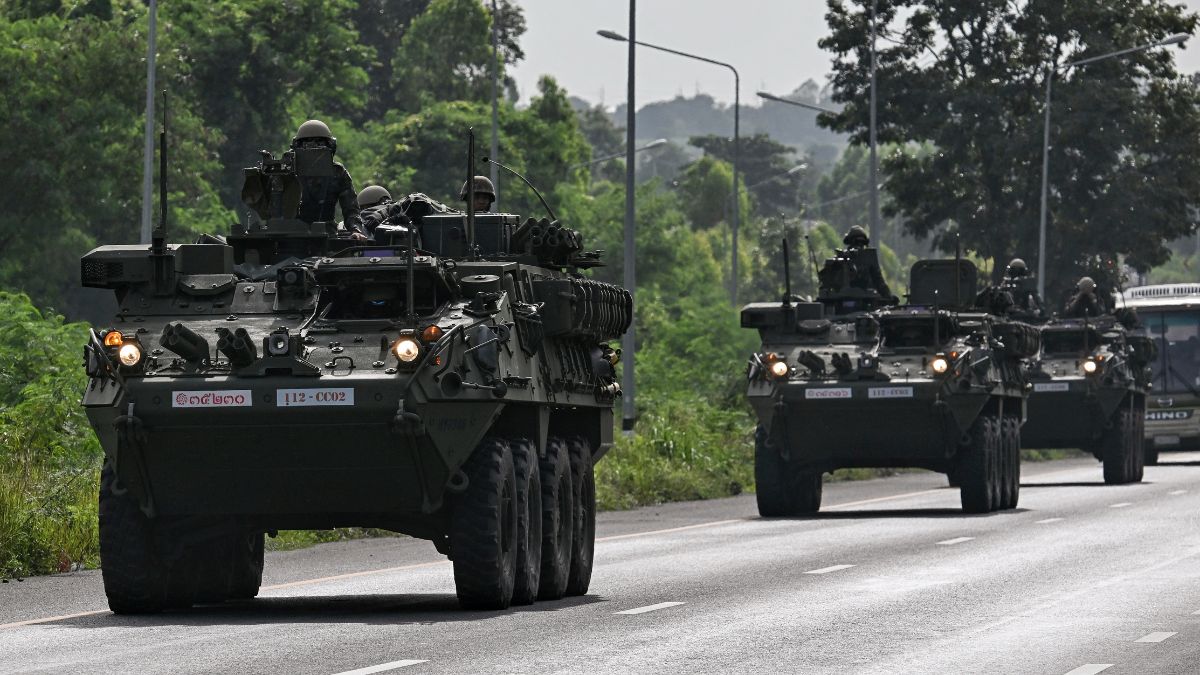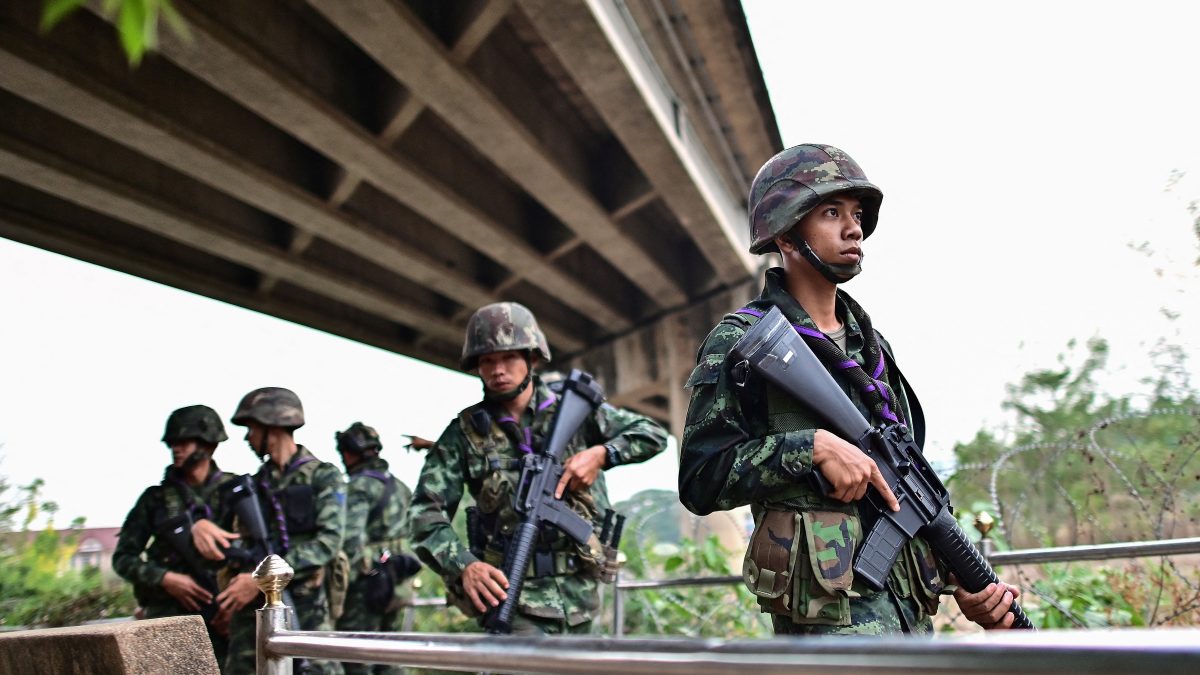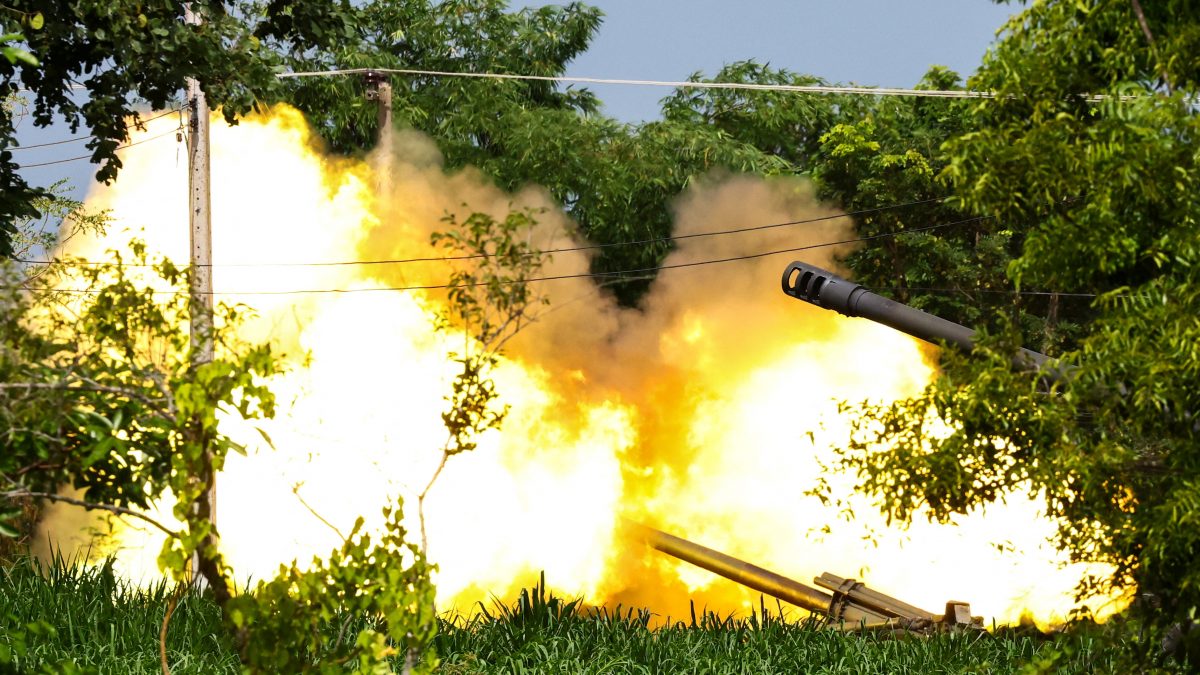Armed clashes erupted on Thursday between Thai and Cambodian forces across at least six disputed areas along their shared border, killing at least nine Thai civilians and injuring 14 others, Thai officials said.
The confrontation marks a major escalation after months of simmering tensions, with exchanges of gunfire, shelling, and even Thai air strikes reported. The latest violence occurred near the Ta Muen Thom temple area in Surin province, following a land mine blast that injured Thai soldiers and prompted both countries to downgrade diplomatic ties.
Thai authorities have now fully sealed the border, halting all crossings.
The latest violence follows a series of confrontations since May, when a Cambodian soldier was shot dead in an earlier skirmish. Despite pledges to de-escalate, both sides have taken economic and diplomatic steps that worsened relations. Cambodia banned Thai imports including fuel and produce, and suspended cultural and digital links.
Thailand responded with border restrictions, now extended to a complete closure. The dispute, rooted in conflicting interpretations of colonial-era maps, has once again spotlighted the fragility of peace along the 800-km frontier separating the two Southeast Asian neighbours.
Domestic political turmoil has complicated the crisis. Thai Prime Minister Paetongtarn Shinawatra was suspended from office earlier this month after a leaked phone call with a senior Cambodian figure triggered accusations of undermining Thai sovereignty. In the call, she referred to Cambodian ex-PM Hun Sen as “uncle” and criticised her country’s military.
The fallout weakened her ruling coalition and sparked nationalist protests. Her apology failed to quell the backlash, and Defence Minister Phumtham Wechayachai has since taken over as acting prime minister.
The roots of the territorial dispute date back more than a century, centred on colonial-era French maps and the fate of ancient temples straddling the border. In particular, the 1,000-year-old Preah Vihear temple remains a symbolic and strategic flashpoint.
The International Court of Justice ruled in favour of Cambodia in 1962 and again reaffirmed that stance in 2013 after deadly clashes. Cambodia has returned to the court to settle the ongoing dispute, but Thailand has rejected its jurisdiction.
With historical grievances now reignited by fresh violence, a diplomatic resolution appears increasingly elusive.


)
)
)

)
)
)
)
)
)
)
)



